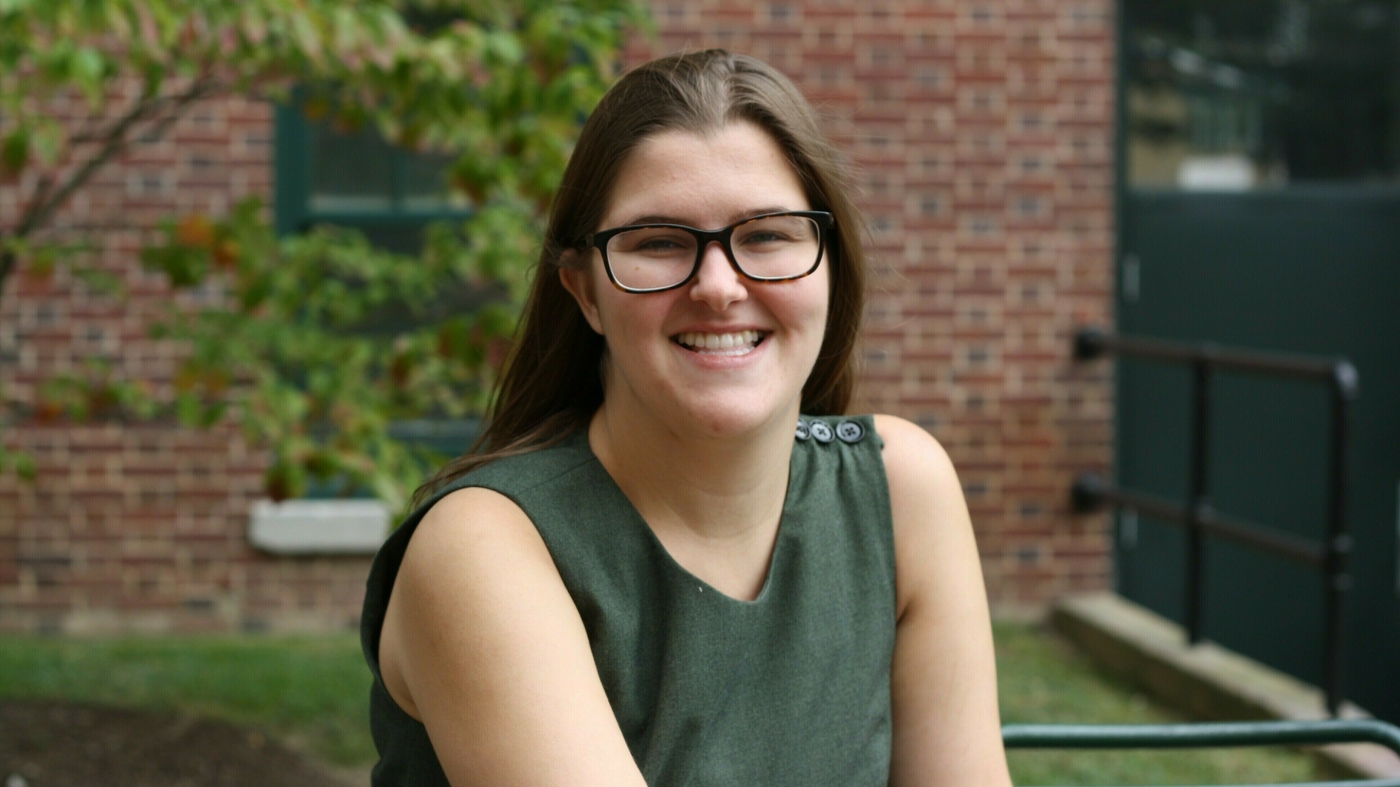
Calliope Holingue is researching the microbiome among kids with autism. She’s part of a growing field of research seeking to understand the gut-brain axis.
Kennedy Krieger Institute
Sixteen years ago, when Calliope Holingue was in high school, she had a problem. Two, actually. She developed gastrointestinal symptoms severe enough to force her to give up running, plus she had a long history of anxiety and obsessive-compulsive disorder.
“And I wondered if maybe there was a link between my mental health and the GI symptoms I was experiencing,” she recalls now.
Her doctors shrugged off her questions. “That led me to start reading a lot about the gut microbiome, the autonomic nervous system, and their connection with the brain and mental health,” she says.
Today, Holingue has joined the ranks of scientists seeking to understand the interplay between the brain (and the rest of the nervous system) and the gut microbiome – that is the vast array of organisms, including bacteria, fungi and viruses, that thrive in the human gut.
She’s now an assistant professor of mental health at the Johns Hopkins School of Public Health and part of the faculty at the Center for Autism and Related Disorders at Kennedy Krieger Institute. She’s currently leading research on gut microbes and symptoms that cooccur with autism, including GI and behavioral symptoms.
It’s clear there’s a physiological connection between brain and gut, says Dr. Glenn Treisman, a professor of medicine and psychiatry at Johns Hopkins. “Gut microbes make chemicals that affect your brain,” he says. “They can be carried by blood directly to your brain, or they can be carried through nerves that connect to your brain. And your brain can speed up…
Read the full article here

Leave a Reply